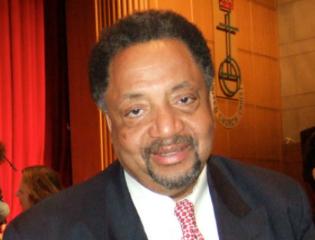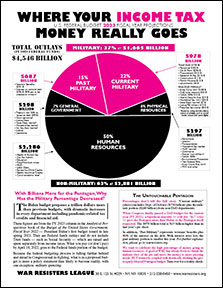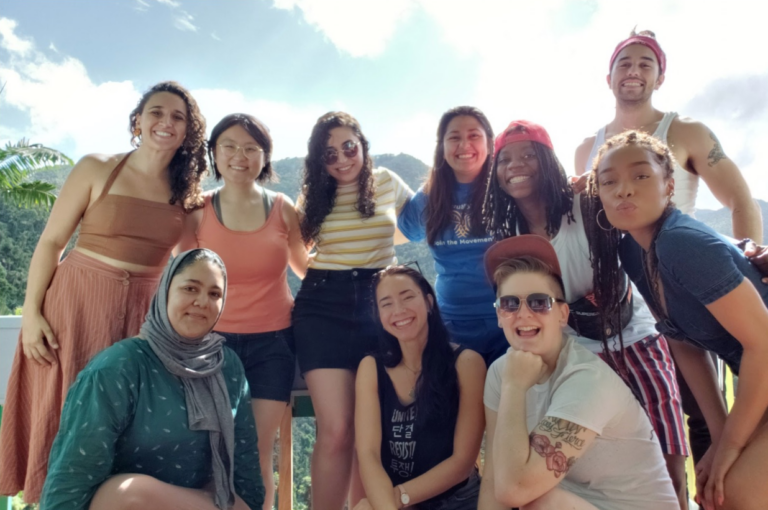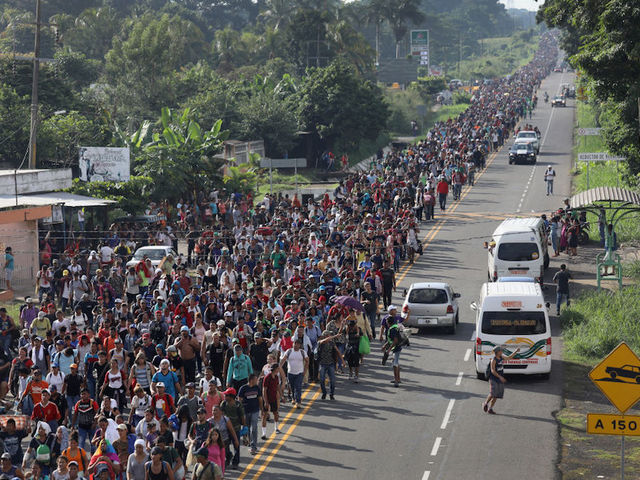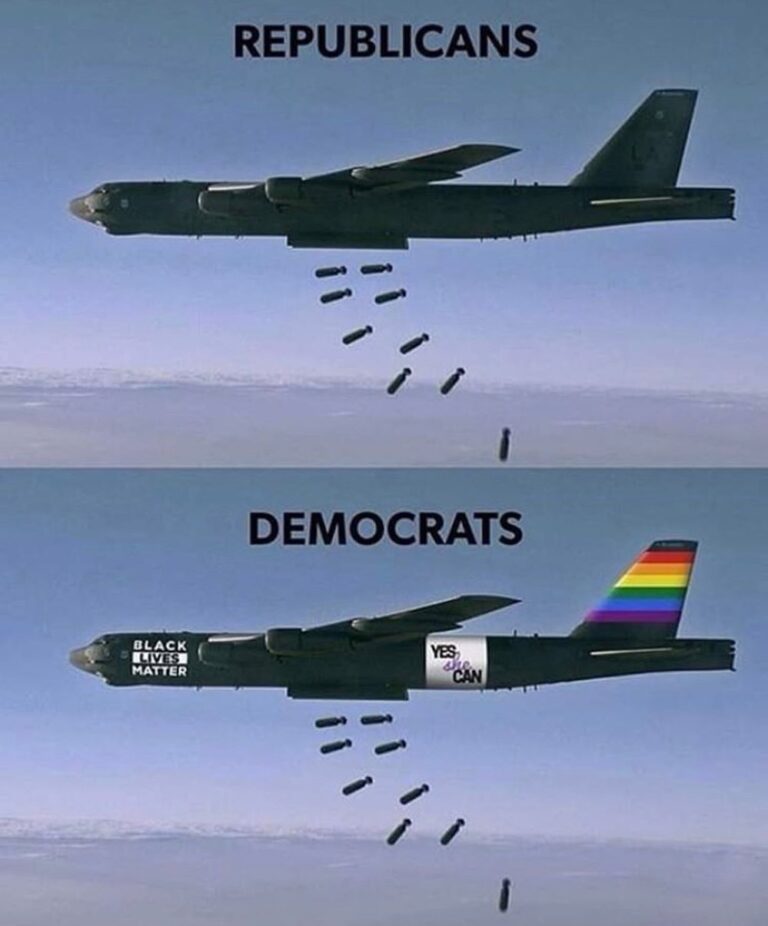Ibrahim Abdil-Mu’id Ramey Presente
IBRAHIM ABDIL-MU’ID RAMEY: AN APPRECIATION
(May Allah ta’Ala forgive him all his sins and grant him the highest of Jannah)
By Matt Meyer
Ibrahim Abdil-Mu’id Ramey (Clayton), who passed away yesterday, Friday, 11th of December 2015, was a dynamic speaker, fine writer, and keen strategic thinker – but he devoted most of his adult life to the “simple” task of fighting for people’s dignity and basic human rights. There was nothing shy about Ibrahim, but he was a generally humble and unassuming man, never thinking of himself as great though surely self-aware of his abundant organizing skills. He played central roles on the international and national levels, as an early leader of the Pan-African Skills Project in the 1970s, as a national program officer of both the War Resisters League and the Fellowship of Reconciliation, as a Board member of the Central Committee for Conscientious Objectors and the American Friends Service Committee, and finally as an extraordinary leader of the Muslim community in Washington DC. Ibrahim was well-known as the Director of the Civil Rights Division of the Muslim American Society, and for his poignant blog-column Voice of Reason. He also served, however, as Vice President of the Steering Committees of the Religious NGO Community at the United Nations, and as a Board member of the Climate Crisis Coalition, the Temple of Understanding, and the Muslim Women’s Institute. None of these organizations received a mere passing glance from Brother Ibrahim; despite the breadth and depth of the causes he helped champion, he worked with his friends and comrades, his allies and organizational partners, with an intensity and passion which was inspiring and infectious.
I won’t forget the first time I heard mention of his name. After stepping down from the position of War Resisters League (WRL) National Chair, I remained for years on their Board, while my mom worked more closely with the WRL-NYC chapter. Marilyn Meyer had a significant lack of self-confidence, but she did have a healthy sense of her own good judgment of character. “This main Clayton just came to a meeting, and he seemed very smart and dedicated,” she shared with me. “Do you think I should tell him about the WRL National office job opening?” When we met some weeks later at his interview, with his resume emphasizing work for the Pan-African Skills Project (an initiative with links to Dar es Salaam and my own mentor, Bill Sutherland’s, core work) the small world nature of our many connections began to unfold. Ibrahim and another close mutual friend, Vietnam Vets Against the War (VVAW) and Labor Against War leader Greg Payton, became key supporters of Bill’s and my own dialogue project, eventually leading to our book Guns and Gandhi in Africa (2000). Ibrahim was surely one of the hardest-working, unrelenting and tireless activists I have ever known (and that is saying a whole lot), yet he always seemed to have time to support the work or personal needs of a friend.
The last years have not been great for Brother Ibrahim; he suffered from a number of difficult medical conditions which caused both pain and distraction from what he wanted to be doing. This transition to the ancestors, though at far too young an age, now provides him a chance to chat with Bill and Marilyn, with Kwame and Sekou, with all his heroes and sheroes and those who have come before. Blessings to all those who knew and worked with our dear brother; may peace be upon him and all of us; Peace be unto Allah.
Inna lillahi Wa inna ilaihi Rajioon. We surely belong to Allah and to Him we shall return.

Share

